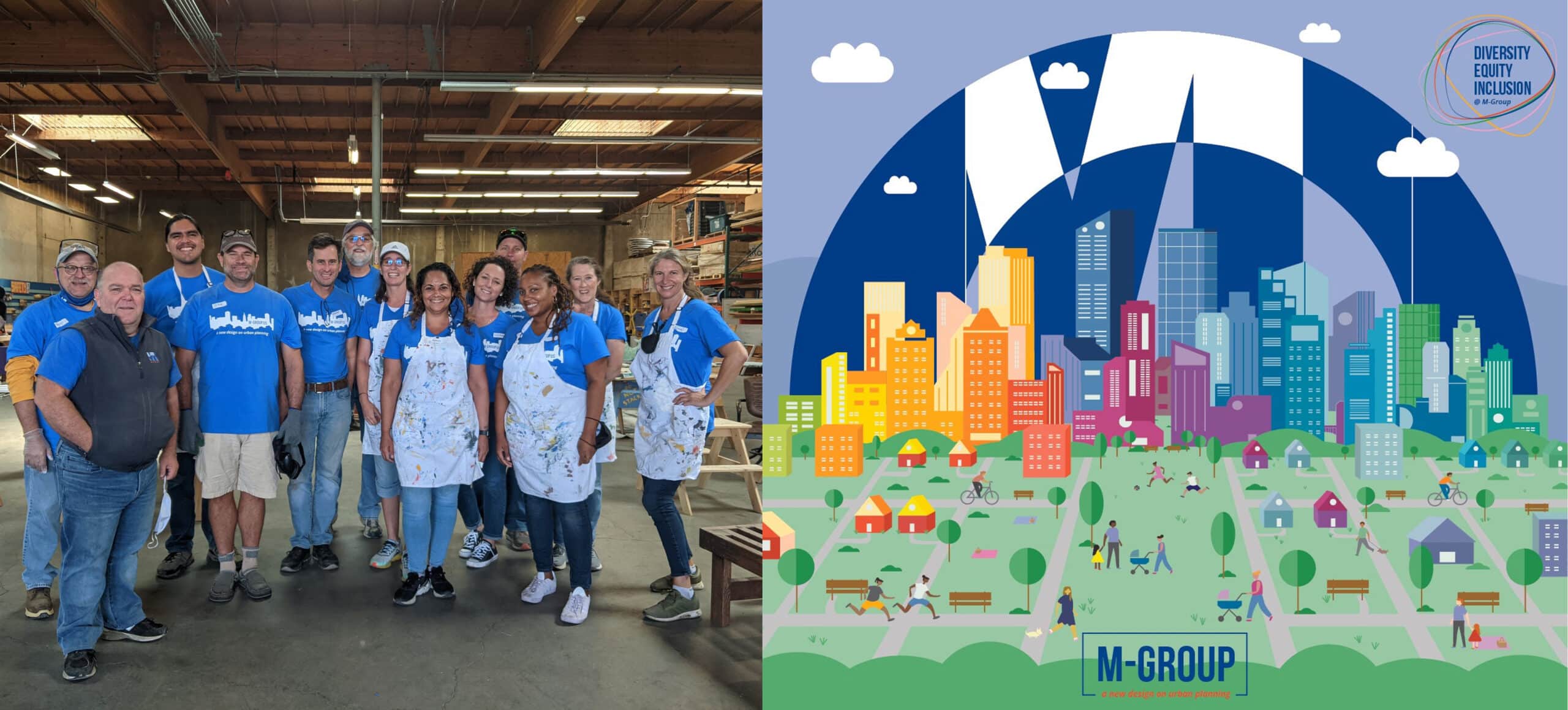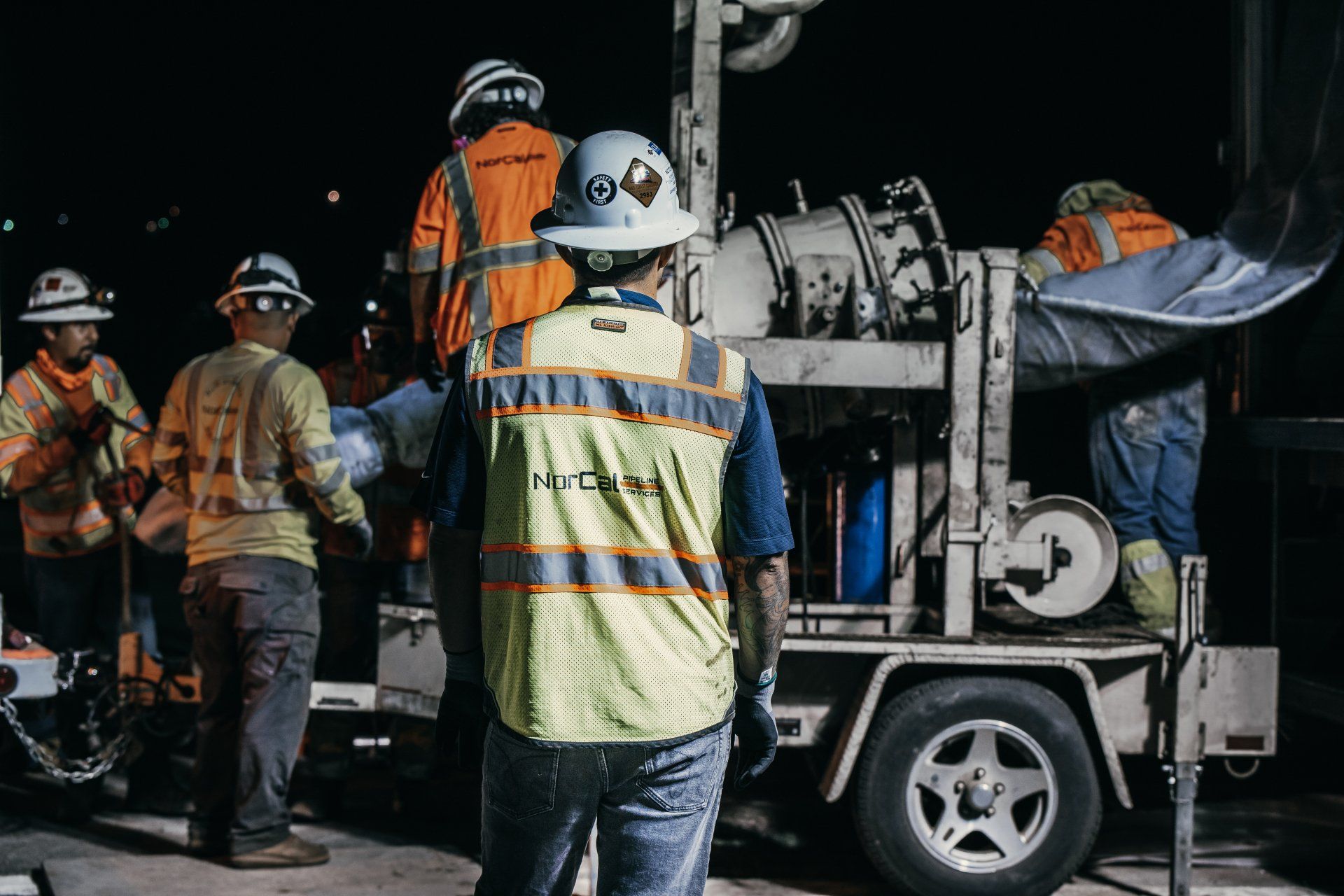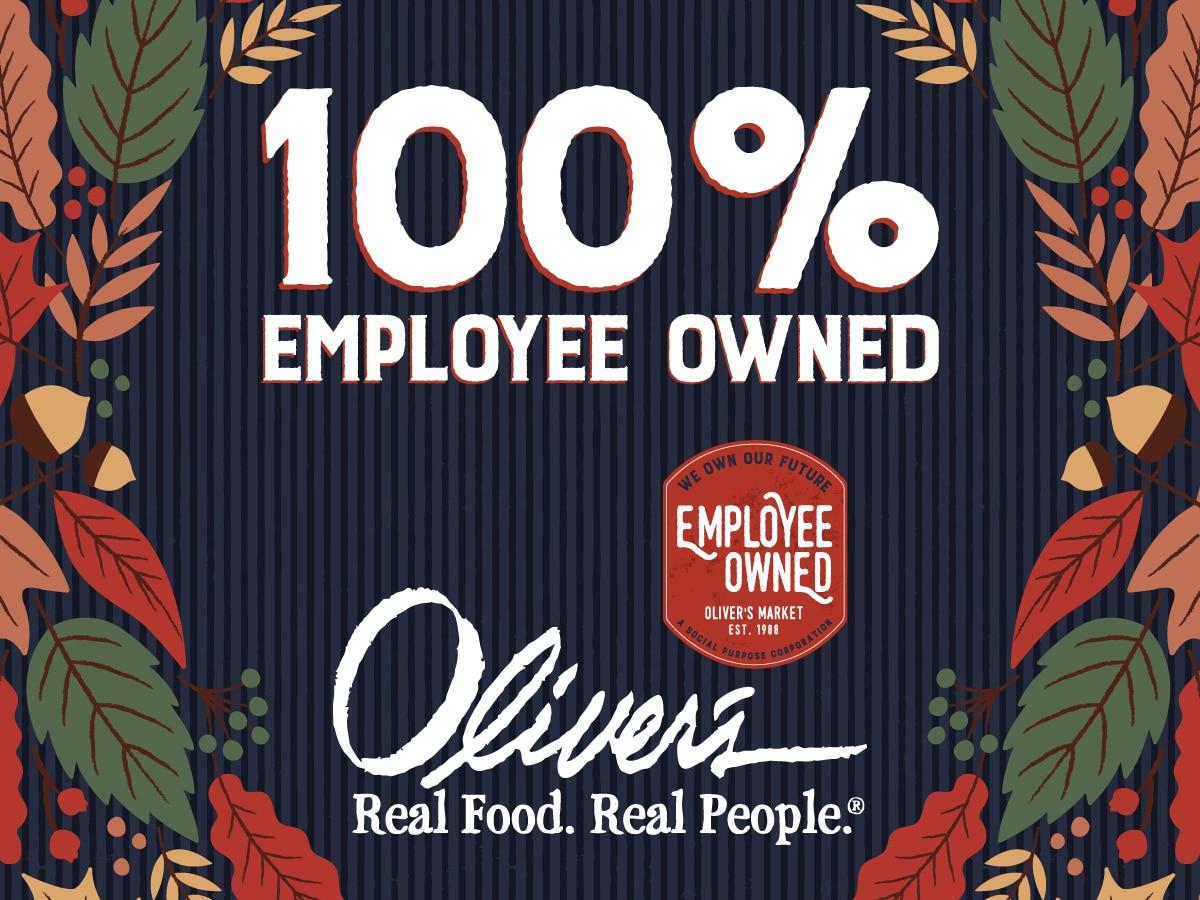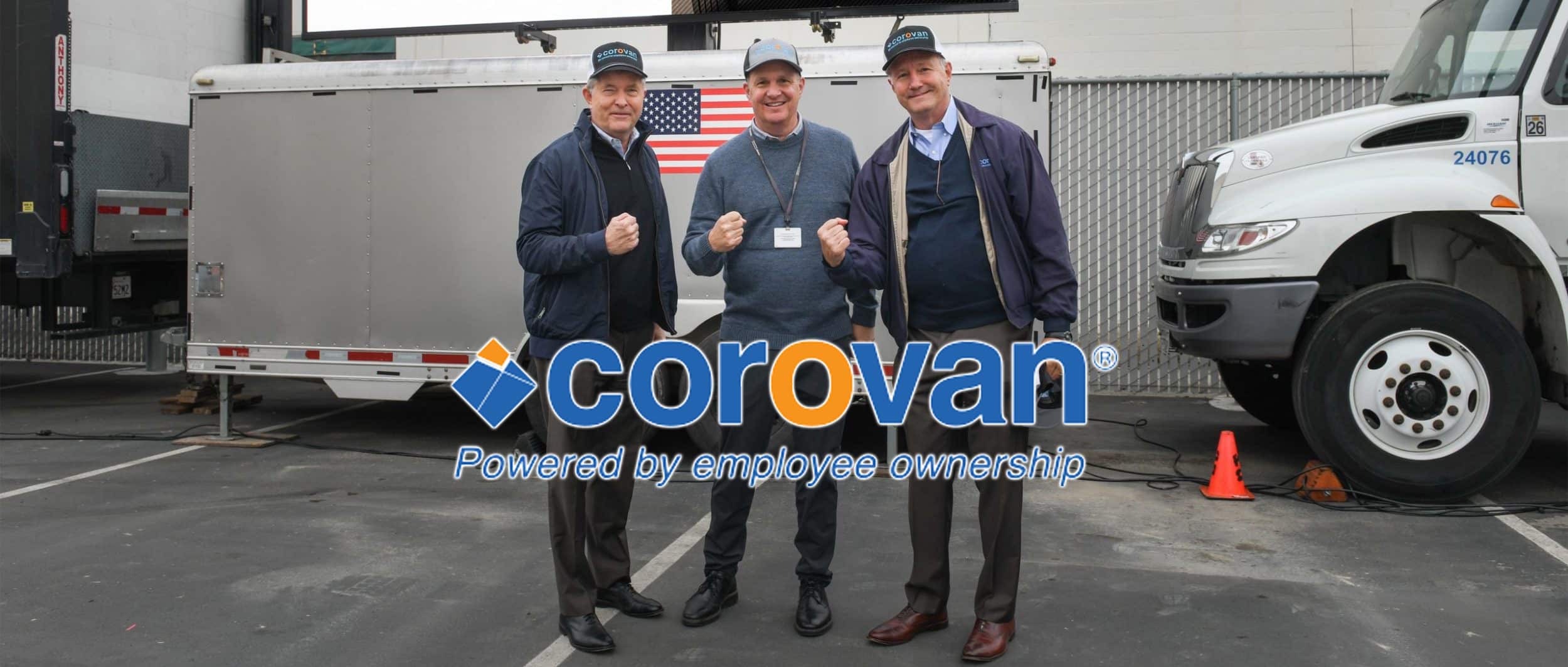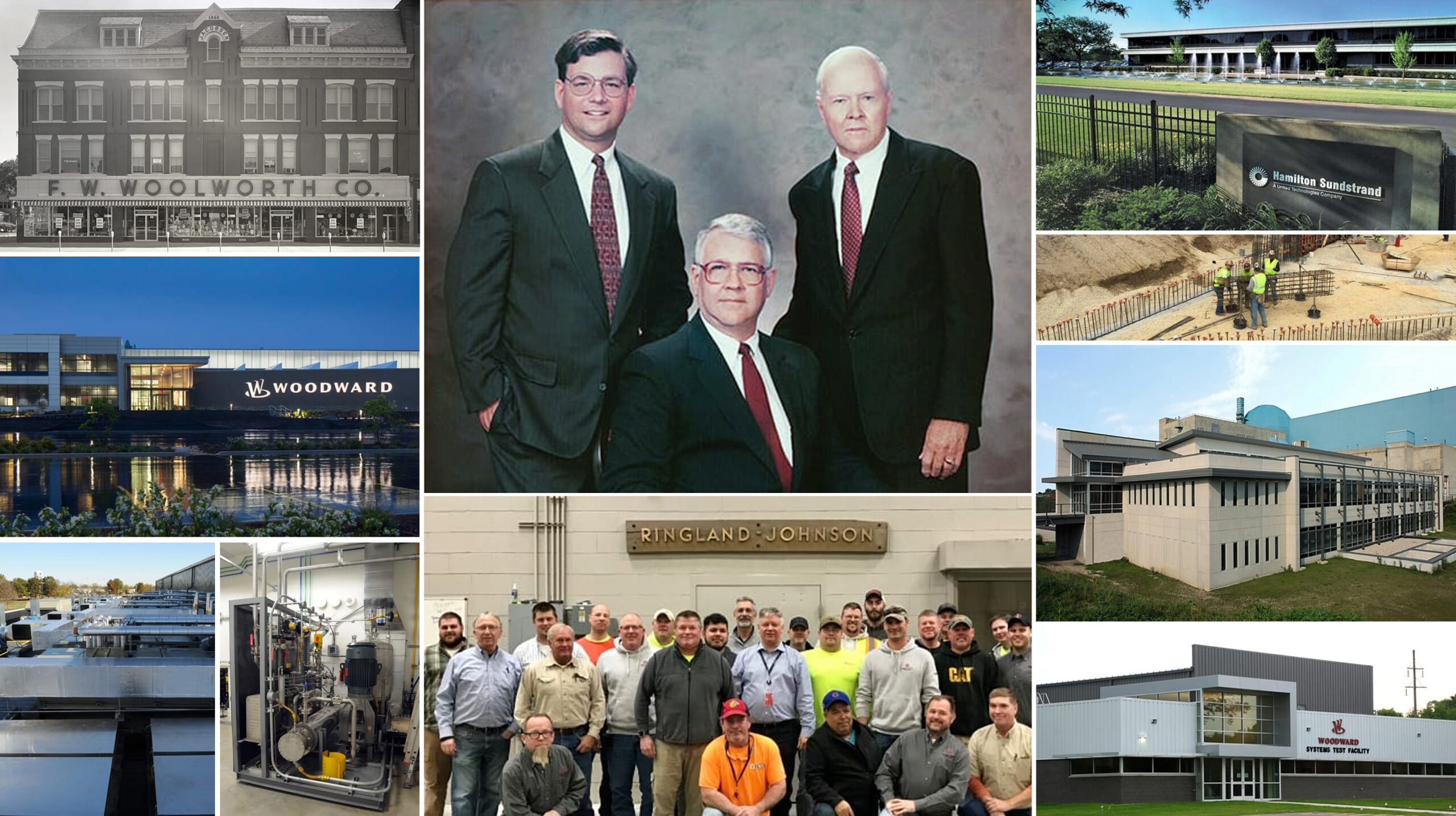Menke & Associates was proud to assist Basden Steel with their successful transition to employee ownership. Menke designed and installed Basden’s employee stock ownership plan in 2016, and the company prefunded it for three years before the shareholders sold 100% of the business to the ESOP.
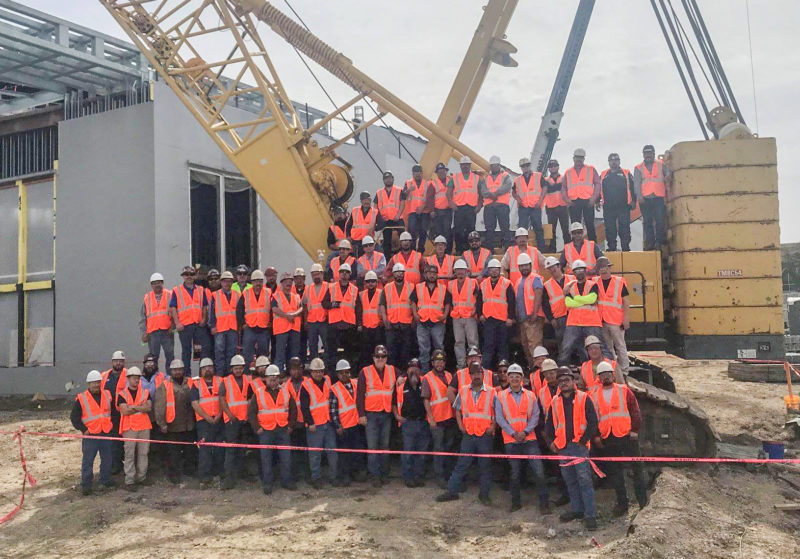
Basden Steel is now 100% ESOP-Owned by its 450 employees
The full process for this deal, which included a corporate reorganization, took over three years. This uncommonly lengthy duration was largely due to the fact that Basden Steel completed a significant expansion of the company midway through the process, which necessitated delaying the sale until an accurate and satisfactory post-expansion valuation became available. Menke was happy to work closely with Basden Steel every step of the way to provide up-to-the-minute modeling and guidance throughout the process in order to ensure that, when the final sale was completed, it met all of the seller’s goals and the company’s needs.
This deal stands as a quintessential demonstration of a guiding principle at Menke: the process of implementing an ESOP should be guided by the needs of the business; the business should never have to come to a halt for the ESOP.
An ESOP years in the making
While the ESOP was implemented in 2016 and the 100% sale closed at the start of 2020, the full story of Basden Steel’s ESOP began much earlier. Bruce Basden founded the company as Basden Industries, Inc. in 1985. In 2002, he attended his first Menke ESOP seminar. Although he was still decades away from retirement, Basden immediately locked in on the idea of selling to an ESOP as his intended transition plan. He began focusing his decision-making through the lens of how it would ultimately affect the goal of selling the company to its employees.
“Bruce is a visionary,” said Linda Webb, Basden Steel’s CFO. “He’s a big strategic thinker, always thinking about how things will play out years down the road.”
The first thing Basden did was send Webb to attend an ESOP seminar to give her the opportunity to see what he was so excited about. She was immediately on board.
“You look at a lot of companies and how they handle transitions, and you see how many don’t survive a changing of the guard,” she said. “With an ESOP, you’re giving the employees a direct stake in the company’s future, and you’re giving them a company that’s actually in a better
position than ever because now it’s tax-advantaged. And best of all, they get those benefits without a dime coming out of their paychecks.”
Webb has served as Basden’s CFO since joining the company in 1987, when the business was still in its infancy. “There were around fifteen employees. They didn’t even have a women’s bathroom,” she recalled with a laugh.
Since those early days, Webb has helped to execute Bruce Basden’s vision across a series of important changes—moving from a rented space in Fort Worth to their own facility in Basden’s hometown of Burleson, TX, where their headquarters remains today; expanding to Oklahoma in 2005; strategic mergers and acquisitions, like their acquisition of Deem Structural in 2013 that effectively doubled their field size; and most recently, opening a new site in Houston while simultaneously working on selling the company to an ESOP.
“There were definitely times when it felt like working two fulltime jobs,” Webb said.
Committing to their company culture
Despite the changes and challenges over the years, one thing has always remained constant: Basden Steel’s unwavering commitment to its employees. Even as the business has grown larger and more complex—growing into three fabrication companies, an erection company, and a crane leasing company serving the construction and oil and gas industries—they have strived to maintain a small, family-run business feel that prioritizes the safety and well-being of its workers.
“Construction is a competitive industry,” Webb said. “At Basden, we compete not on low price, but on quality and taking care of our customers and our employees. It’s part of our culture. We have repeat customers and long-term employees. One shop employee just hit his 30-year anniversary, a number of others are at 20 and 25 years. That’s a real point of pride for us.”
One of the ways they have strived to care for their employees is by offering best-in-class benefits. Among those benefits is a 401K, which Basden Steel has offered employees for quite some time to help them save for retirement, and will continue to offer going forward. But, as Webb explained, the 401K never reached the level of participation that management had hoped for. Their ESOP will provide a route for participants to earn retirement savings without making financial sacrifices.
“Our people work hard; it’s a physically demanding job. A lot of them live paycheck-to-paycheck. You want something to be there for them for retirement. But if the choice is between contributing to their 401K or taking care of a bill they need to pay right now, or hey, even going out and having fun after a tough week once in a while, you can’t exactly be surprised if they’re not thinking about retirement savings. That’s what so great about the ESOP: 100% participation, they get to build up some savings for retirement, and it doesn’t cost them a thing.”
“Part of the fabric of the community”
Basden’s commitment to their employees doesn’t end with the men and women on their payroll. It extends to their families, and to the larger community.
“Manufacturing businesses like Basden are usually among the largest employers in their community. They’re a part of the fabric of that community. They know that selling to a competitor, or to private equity, or liquidating the company would all result in all those jobs going away.” said Menke Corporate Counsel Michael Pasahow, who worked closely with Basden Steel throughout this deal.
“I can’t think of a manufacturing company I’ve worked with where the impact on the community wasn’t a concern. They have a responsibility to their town, and that’s something I know Bruce Basden felt very deeply. It was important to Bruce that the company stay together, and stay in Burleson.”
Selling the company to an ESOP had the impact of turning Basden Steel from a generational company—one that would only last as long as the Basden family kept it running—into one that will continue to be a fixture in its local communities for decades to come, regardless of who is at the helm.
“This ESOP is about Basden achieving corporate permanence and doing it in the most responsible way the shareholders could find,” Pasahow explained. “They were intentional about this. They knew it needed to be sustainable, not just for five years, not just until the seller note gets paid off in full, but for the future of the employees.”
Permanence is a concept that has a very real and powerful meaning to companies that build structures designed to withstand the test of time.
“One thing about a construction company is you build things that you get to drive past. This is a way for the company to maintain that same kind of physical presence going forward,” said Webb.
Building that permanence into the company’s DNA and ensuring that the employees would continue to have steady paychecks and steadily accruing retirement benefits even after there was no longer a Basden at the head of Basden Steel were key goals for their ESOP. But that doesn’t mean that the decision to leap straight to 100% employee ownership was always an easy one.
“Go all in, or walk away?”
The Basden Steel shareholders initially intended to sell 60% to the ESOP. “A lot of agony went into that decision,” Webb recalled. “It wasn’t easy for any of us. A big part of wanting to hold on to that 40% was Bruce wanting to feel like he was still invested, like he wasn’t taking all his chips off the table.”
That feeling of personal investment is common and beyond understandable among owners like Bruce Basden, who put their careers, their blood, sweat, and tears, and even their name into building a business up from the 15-person operation Linda Webb remembered joining all those years ago into the industry leader it is today.
Menke presented multiple models to help the shareholders retain 40%; however, the potential tax ramifications of holding onto that percentage made it untenable, particularly when compared with the tax advantages of selling the full 100% and eliminating the company’s income tax burden.
“We visited and revisited that decision,” Webb said. “Do we go all in or walk away? We talked to other entities who had gone through the ESOP process about whether it was successful or not. We talked to a local bank who had sold just a portion of their shares to an ESOP, and then ended up buying them back.”
Ultimately, just as Bruce Basden’s ability to take the long view of things had led him to commit to the goal of one day selling to an ESOP after his first Menke seminar back in 2002, that same visionary quality led him to realize the best thing he could do for the business, for the employees, and for the health of the ESOP was to put the company in the best tax-advantaged position possible. That meant selling 100% right from the start.
The expansion and the ESOP
It was that same ability to envision a future for Basden Steel that stretched on past his own tenure with the business that led him to commit to a major expansion in the middle of the ESOP process.
“Bruce was happy with where he’d gotten the company,” said Webb. “He could have been comfortable keeping it at that size until he retired. It was our president, Nat Killpatrick, who came to him and said, ‘We’re at capacity. If we’re going to continue to grow, we need more shop space.’
Killpatrick has been with Basden Steel since 2011. He served first as VP of the fabrication division, and has been President since 2015.
“Bruce looks at Nat as the future of the company,” Webb said. “He saw where Nat wanted to take the company, and he bought into that vision, even knowing it would delay the sale to the ESOP.”
The company targeted a steel plant near Houston for acquisition and finalized the purchase in 2016. Over the next year, they modified the plant to fit with Basden Steel’s processes and equipment and worked with the plant’s current employees and slate of new hires to instill Basden’s culture, best practices for handling materials, and industry-leading emphasis on safety.
Opening a new plant had the potential to be enormously lucrative for Basden Steel. But any sort of expansion, particularly one of this magnitude and expense, takes up enormous amounts of resources, time, and business operational power. And ESOP appraisers are obligated to provide fair valuations based on the current financial snapshot of the business, not just projections of future earnings.
As a consequence, the ESOP stock purchase had to be delayed until the dust from the Houston expansion had settled. Menke stayed in constant, close contact with Basden Steel throughout, providing adjustments to the proposed deal in accordance with the company’s latest financial situation and expectations.
“When we say we want your business to drive the ESOP and not the other way around, this is exactly what we mean,” said Pasahow. “We’re going to work with you to create both a deal and a process that you’re comfortable with, that’s sustainable, that doesn’t put you in a box where we just collect our fee and walk away.”
The wait paid off. Thanks to the Houston expansion, Basden Steel’s 2019 financials demonstrated 38% growth.
The ESOP is a go
Menke set up Basden Steel’s ESOP in 2016, and helped them do an employee rollout in early 2018, after it had already been prefunded for two years. A Menke team traveled to Burleson to give a presentation to employees in English and Spanish.
“There was still talk about the ESOP around the office in 2019,” said Webb. “People would come to me and ask about it. One employee liked to say, ‘Hey, watch out, you’re spending my money.’”
But by mid-2019, with still no sale, general employee interest in the ESOP began to wane. With the strength of their 2019 financials, though, the sale could finally move forward. The 100% deal closed on January 1, 2020. The next day, Bruce Basden sent out an email to every employee in the company.
“You begin the new decade with an interest in the company,” he wrote. “An interest that goes far beyond a weekly paycheck. You now own a piece of the rock!”
He went on to remind the employees, some of whom might not have thought about the ESOP since the rollout in 2018, just what this sale meant for them.
“Remember, this is an interest that will hopefully accumulate value over the length of your career with no cost directly to you. No payroll deduction. No hidden expenses. Thanks to the U.S. government, we all benefit from a huge break that is designed to give you a significant retirement benefit.”
With the sale completed, Basden management will get its first opportunity to sit down and discuss the finalized ESOP with the employees working in the shops and out in the field at the company’s next quarterly safety events. It seems safe to say that now that the employees are the owners not only in name, but in stock and retirement benefits, that the enthusiasm will have much greater staying power this time around.
Upon hearing the deal had officially closed, the Houston plant made and sent the Burleson headquarters a sign which included “Employee-Owned.” The Burleson team loved it and redid their roadside sign and company logos to match.
Building a future together
The future looks brighter than ever for Basden Steel and its 450 new employee-owners. With their Houston facility up and running, they have more capacity than ever before, allowing them to tackle bigger projects over a wider area.
Basden fabricated and erected the steel for the Buddy Holly Hall of Performing Arts and Sciences in Lubbock, TX. This facility is a cornerstone of Lubbock’s downtown revitalization efforts, and will be home to the Ballet Lubbock, the Lubbock Symphony Orchestra, and Lubbock ISD Visual and Performing Arts.
The company was also recently awarded the contract to build an enormous, 200 foot tall folded steel structure around the most visited manmade tourist attraction in Colorado, the Cadet Chapel at the U.S. Air Force Academy in Colorado Springs. This structure will protect the chapel as it undergoes three years of delicate renovations, ensuring that 17 soaring glass and aluminum spires can be enjoyed by cadets and visitors for generations to come.
As Basden completes these and other projects across the South and Southwest, its hardworking employees will be able to look at those structures and say, just like Bruce Basden, that not only did they work on those buildings, they also own a piece of the company that made it all possible.
Menke & Associates is deeply grateful for the patience, perseverance, and hard work that the shareholders and the leadership at Basden Steel put into this ESOP transaction, and we look forward to providing ongoing ESOP consulting services for years to come. Whether a deal takes three months or three years, the close of the transaction is just the beginning of a new chapter in the history of an employee-owned company.
“When a transaction like Basden’s closes, we look at it like, we’ve done our work for them today,” said Pasahow . “Now we can look at what we can do for them tomorrow.”
Menke & Associates, Inc. has helped over 3,500 companies successfully transition to employee ownership. Our holistic ESOP approach enables a positive outcome for the company, its employees and its shareholders. We believe ownership is powerful.



